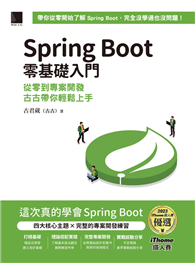Vulnerability theory identifies structural and institutional factors that build or undermine the resilience of individuals and organisations. This volume uses vulnerability theory to explore how the organisation of the teaching and research activities of universities impact the resilience of academics and also how these activities themselves are impacted by contemporary developments in universities and educational policy.
The starting point of enquiry is that neither academics nor universities are invulnerable, and that urgent attention is needed to reverse developments that undermine their resilience. The contributions focus on universities in the US and UK, legal education in the UK, criminal justice in the UK, Brazilian legal education, research in deprived communities, and the ethics of medical professionals. This broad range of subjects is connected by use of vulnerability theory to interrogate academic practices and universities as organisations which should build resilience in their workforce and communities and in so doing secure their own resilience, but which far too often fail to do so, and actually undermine resilience. It is argued this is not due to malefic intentions but to institutional features of the sector and society.
Of immediate interest to anyone who works in, studies at, or relies upon the research mission of universities, and to those involved in the management of universities, this book will also be relevant to policy analysts and policymakers, who will find value in the reframing of vital issues in higher education policy by vulnerability theory, allowing a more realistic and productive policy environment to develop. This book was originally published as a special issue of The Law Teacher.












